|
It was the bad luck of the James Bond series to always be in some kind of limbo. There were court cases, studio disputes, writers' strikes and the bankruptcy of MGM. And yet these delays could have good effects and with Skyfall the Bond series produced its most critically and commercially successful film. Bucking its usual modus operandi, the producers opted to go with a name director, Sam Mendes whose previous credits include American Beauty and The Road to Perdition. Daniel Craig continues as Bond in his third film and Javier Bardem joins the production as the most interesting villain of the Craig years, an actor of considerable presence who had already made a name for himself in both Spanish and English language movies. The latter most obviously in the Coen brothers No Country for Old Men. The rest of the cast is largely filling out the traditional roles with Eve Moneypenny (Naomie Harris), Q (Ben Whishaw) and a Mallory (Ralph Fiennes). Kincaid (Albert Finney) was a role very obviously designed for Sean Connery, but whether the notoriously prickly Connery declined or the producers themselves thought it would be too distracting is unclear. His arrival is certainly presented as if we should be awestruck but doesn't do much to justify his prominence. Interestingly, there's little in the way of a Bond girl and if anything this role is filled - quite nicely - by Judi Dench's M, who is prominent throughout the film. In fact the story is very much about her decline and failure as the head of MI6. In the very beginning we see Bond stepping into what has been an obviously botched operation. One agent is bleeding to death and a hard drive with the names of every undercover agent has gone missing. M decides to let the agent die in pursuit of the McGuffin and following one of the best chases in the franchise's history, orders Eve to shoot even though she might hit Bond: which she then does. As if this balls up wasn't enough, she then has her own computer hacked and it results in the blowing up of the MI6 headquarters. The names of agents begin to leak onto the internet and Bond returns to save her bacon, which he does - temporarily. This time around Craig's Bond is no longer the lean and hungry junior agent. He's suddenly become something of an old beast. Secret agenting is obviously a young man's game as is apparent by the comparative youth of Eve and Q. A point also made by Mallory. Bond is neither physically nor psychologically prepared to be in the field once more but he soon trails the cyber terrorism to Silva (Bardem), an ex-agent who wants revenge on M for what he sees as her betrayal. Once more Bond is faced with a version of himself and must someone define who he is in opposition to a brilliant sociopath who shares his history and many similar aspects of his character. Bardem's performance is a brilliant mixture of the menacing and camp without ever falling into parody. There is a menace to him and the film allows him to make his argument, which is not exactly unjustified. Although the film begins with a sequence in Turkey before heading out East to Singapore and Macau, the bulk of the picture actually takes place in Britain: an unusual but refreshing choice for a 007 movie. With Roger Deakins behind the camera and Thomas Newman scoring, this is one of the best sounding and most beautiful of the Bond films. The script is once more by the usual team of Purvis and Wade but bolstered by contributions from John Logan and an uncredited hand given by Jez Butterworth. Craig is now thoroughly comfortable in his role and through the saga, his status as an orphan has come to the fore. It's mentioned in Casino Royale and now is center stage. MI6 and M in particular have become surrogates for his family and his mother respectively. This also informs his duty. Bond isn't much of a patriot. He seems to prefer almost anywhere else to England and his ignorance of the tube at rush hour is comically obvious, but it is his suppressed need for emotional approval from M, even as she fails in her primary role. With M's death, the franchise seems to take a step back in time. Moneypenny goes behind the desk, retiring from active service, and Mallory takes over in an office which, with its oil paintings of sailing ships and padded leather door, looks very similar to Bernard Lee's office in the original Connery films. Is this the same reactionary nostalgia that saw Great Britain punch itself in the balls in order to get a blue passport? Or is simply joining the dots to take Bond back to the starting point? Could the next film be Dr No? Craig's Bond reboot has had many influences. The Bourne films and Tom Cruise's Mission Impossible movies have obviously served as direct inspiration, but the management of the franchise also owes a lot to the success of the Harry Potter films. These proved that audiences like long story lines that stretch through multiple films. They enjoy characters who change and can be killed off. Bond, like Harry, is an orphan and M stands for Dumbledore in his affections. Even the titular family home is located in the same wintery Scottish landscape as Hogwarts. There has been something of a backlash to the film. When it was released, the reception was more or less ecstatic and many have enjoyed trying to knock it down a peg or two. On a rewatch, it is certainly an outstanding film. There is an element of bloat to it, which is a problem with many of these franchises, especially when producers start to bow to fan service. And yet rewatching the film, it is genuinely a great movie. It is certainly, as with all the Craig Bonds thus far, an actual film: cinema in a word. It is not a film only a Bond fan could love. It is not a film that requires an apology. And once more, as with Casino Royale, in finishes with a promises for more adventures which feels like a genuine promise rather than a tired threat.
0 Comments
Leave a Reply. |
AuthorJohn Bleasdale is a writer, novelist and screenwriter. Archives
March 2020
Categories |
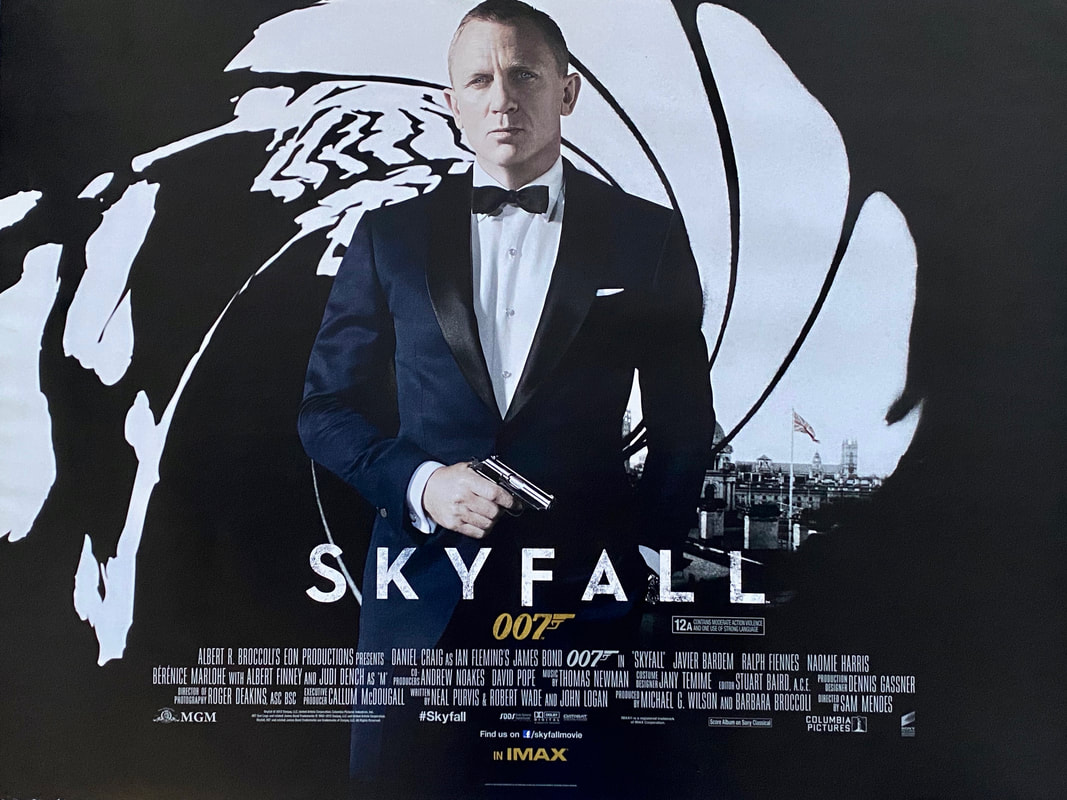
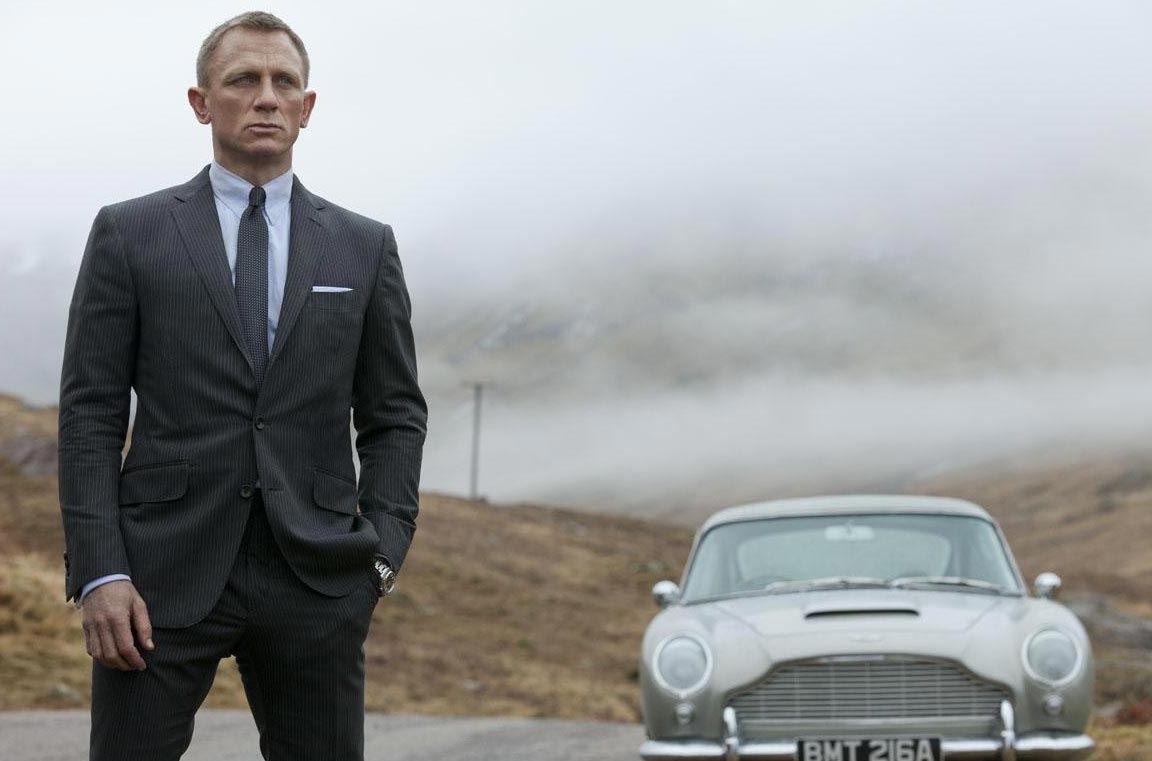
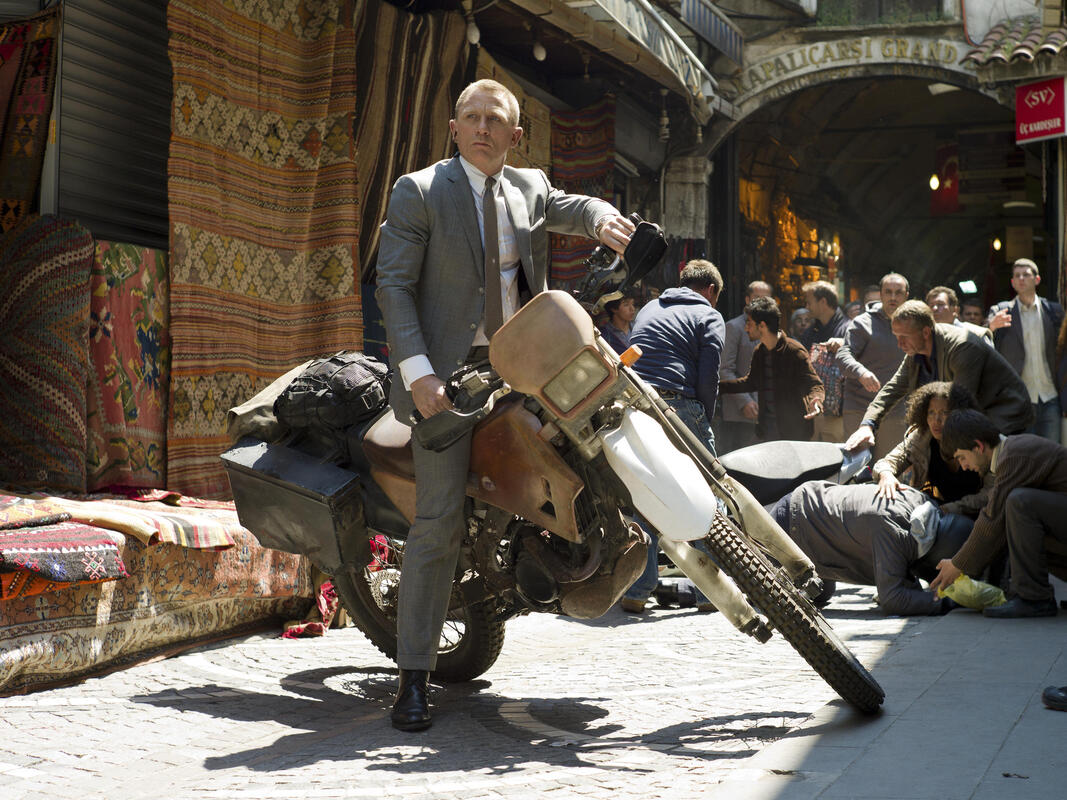
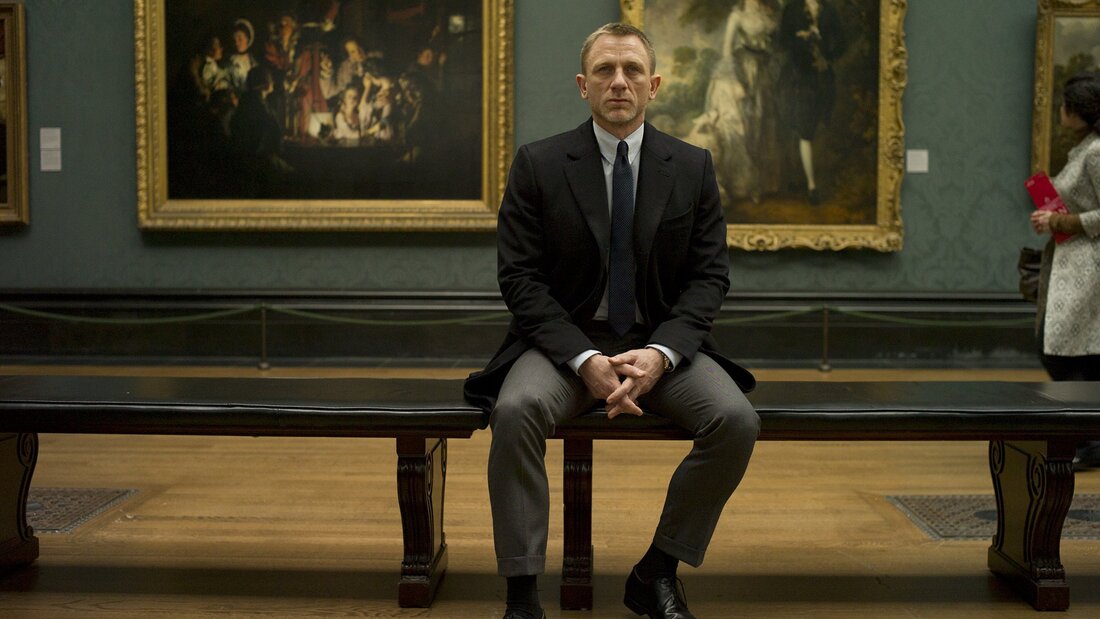
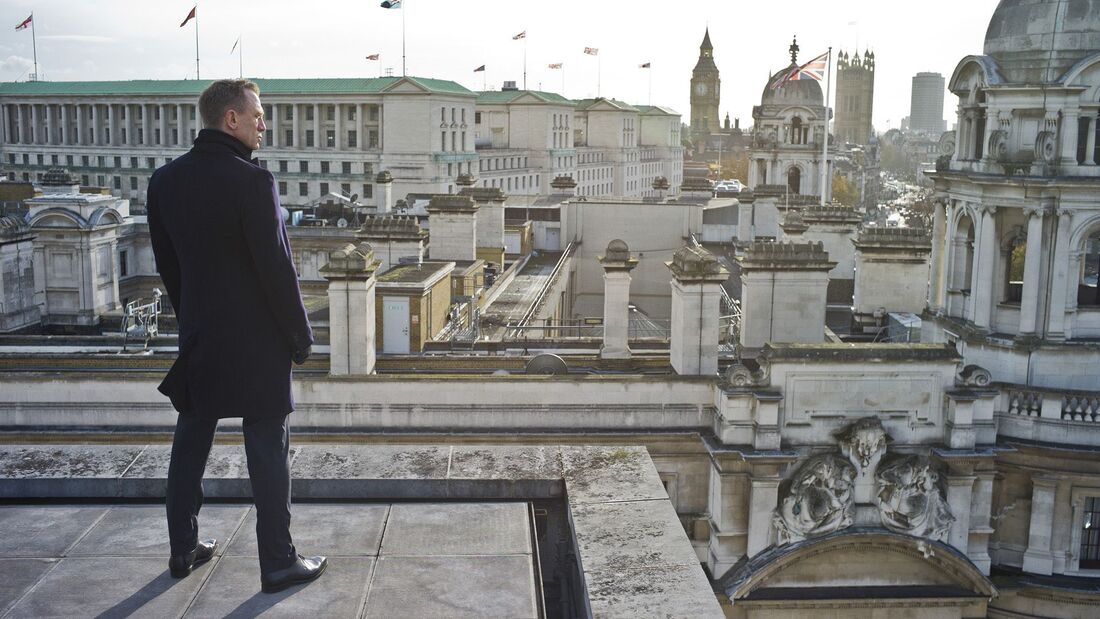
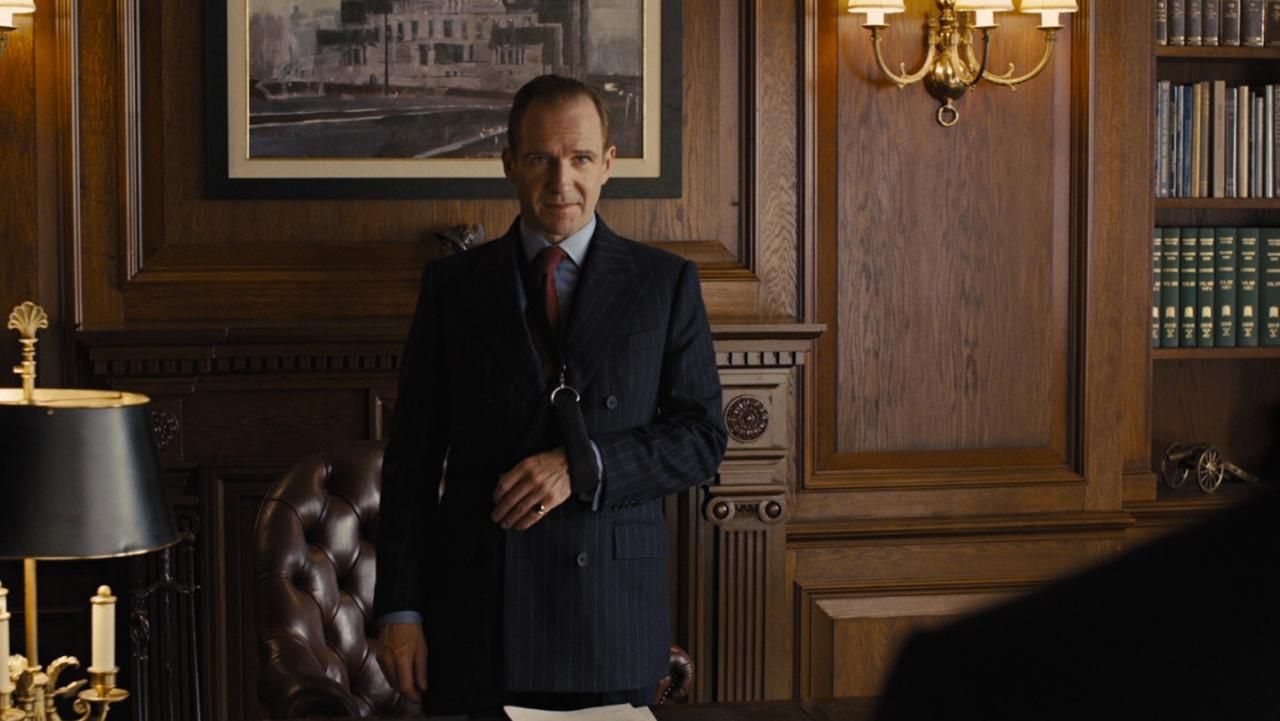
 RSS Feed
RSS Feed
